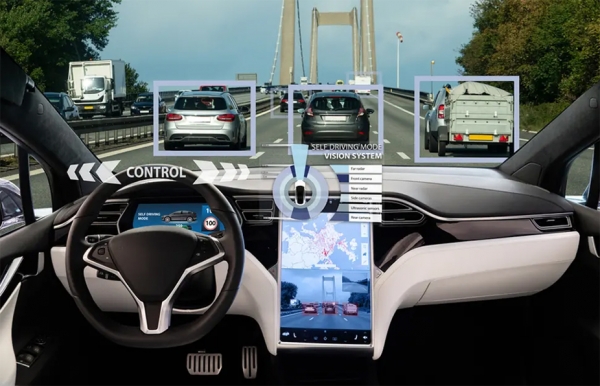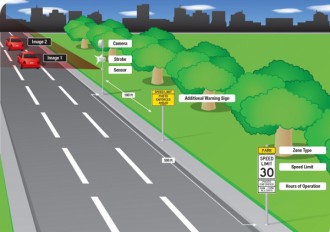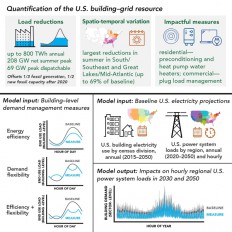Automobile technological features save $6.2 billion annually

The first study to evaluate the effects of smart technologies on fuel consumption shows that a remarkable $6.2 billion amount is saved annually.
The researchers at Stevens Institute of Technology conducted a pioneering study that focuses on the energy impact of applied technology on vehicles. Until today, most studies focused on the social impacts of high-tech features introduced on transportation industry.
The research showed that a low-level automated vehicle could reduce its fuel consumption by 6%-23%. On average, this percentage is translated into 27-119 less gallons of fuel and about $60-$266 savings per year. Yeganeh Hayeri, an assistant professor at Stevens, expert in civil and environmental engineering and public policy, stated: “That’s not insignificant. That translates to between $60 and $266 in the pocket of car owners every year, not to mention additional savings created for each driver due to more smoothly-flowing traffic, fewer accidents and aerodynamic efficiency of all other vehicles on the road.”
Authors conducted a detailed review about the energy and safety impacts of automated technology which was divided into 3 groups:
· Warning systems, (e.g. for blind spots, speed limit detection, lane departures and traffic warnings)
· Control systems (e.g. collision avoidance breaking, adaptive cruise control and active braking)
· Information systems (e.g. dynamic route guidance and parking aid systems)
Authors intend to use the data derived from their study to optimize future transportation, making vehicles safer and reducing the environmental impact of automobiles.
Source: Stevens.edu
Source: Stevens.edu
Want to read more like this story?

Automated speed enforcement system boosts road safety and reduces crime
Mar, 06, 2019 | NewsThe automated speed enforcement systems have undoubtedly improved road safety by decreasing collisio...

The future in transportation is called connected vehicle!
Feb, 12, 2015 | NewsThe U.S. Department of Transportation has recently published a video with a revolutionary technology...

Regenerative Braking
Oct, 06, 2015 | NewsSome hybrid and electric cars are equipped with a brake system that collects thermal energy generate...

Control building energy demand to preserve the electrical power resources
Jul, 07, 2021 | NewsA new study conducted in the United States quantifies how the optimization of the consumed energy in...

Energy storage could take renewable technology to a whole new level …
Jul, 04, 2016 | NewsStorage systems can make economic sense for renewable energy sources such as wind and solar, accordi...

Road safety increased due to cycling lanes
Jun, 28, 2019 | NewsA detailed study shows that cycling lanes have made the roads safer for everyone. Scientists from...

Unpiloted vehicles can reduce congestion by more than 35%
Jun, 13, 2019 | NewsA new study shows that unmanned vehicles operating together can reduce traffic by more than 35%....

Using biometric data to make urban infrastructure safer
Jul, 25, 2021 | NewsA new study focuses on utilizing biometric data to evaluate urban infrastructure safety and prevent...

The impact of bicycles on the velocity of motor vehicles
Jun, 12, 2020 | NewsAccording to a new study, the presence of bicycles on roads that do not have bicycle lanes does not...
Trending

Taipei 101’s impressive tuned mass damper

Characteristics of Load Bearing Masonry Construction

China Completes World’s Longest Expressway Tunnel, Redefining Connectivity

The Line at Neom faces feasibility reassessment while construction continues

The Billion-Dollar Airport Boom: 2025 Megaprojects Shaping the Skies

World's longest expressway tunnel to link northern and southern Xinjiang


